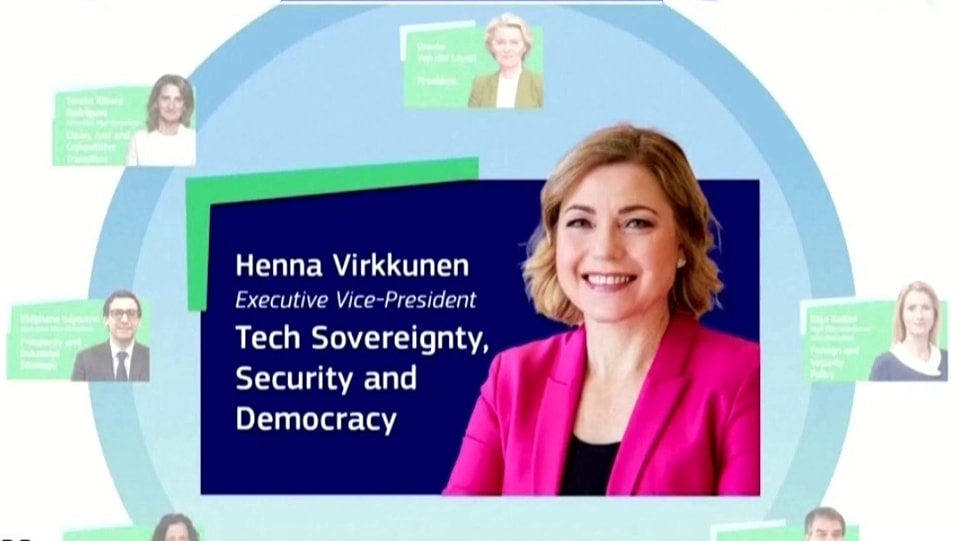Strasbourg – The European Commission (EC) intends in April this year to improve measures and increase penalties for cases where electoral integrity is not respected on social networks, said on Tuesday, in the plenary session of the European Parliament meeting in Strasbourg, executive vice-president of the EC Henna Virkkunen, during the debate on strengthening digital services to prevent interference in elections.
“We have seen in recent years the various campaigns of Russia on Instagram and Facebook. We have even opened a procedure under the Digital Services Act (DSA) for these interferences. We saw this last month in Romania, where the Constitutional Court annulled the presidential elections after documents could prove manipulation campaigns on TikTok. /…/ These are unprecedented events in the history of European democracy,” said the executive vice-president for technological sovereignty, security, and democracy of the European Commission, Henna Virkkunen.
According to her statements, no less than ten procedures have been already opened – one against X, three against TikTok, one against Ali Express, two against Facebook and Instagram, and one against Temu. In one of the cases, certain conclusions have already been drawn, and one of the investigations has already closed.
Henna Virkkunen mentioned that the DSA contains safeguard clauses regarding the defense of freedom of expression on platforms and that transparency is a basic principle, but that at the same time obliges platforms to “respect certain conditions and establish certain parameters concerning their recommendation systems.”
DSA does not censor content but creates efficient mechanisms for the removal of illegal content that violates European legislation, such as incitement to hatred. Because what is illegal offline must be illegal online as well, emphasized the EC vice-president.
She also announced that on February 6, there will be “a strategic discussion on topics such as equality of opportunity between political parties and candidates, electoral integrity, and information management in the electoral context,” without providing more details about this event. (21.1.2024)
 go to the original language article
go to the original language article
